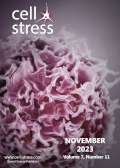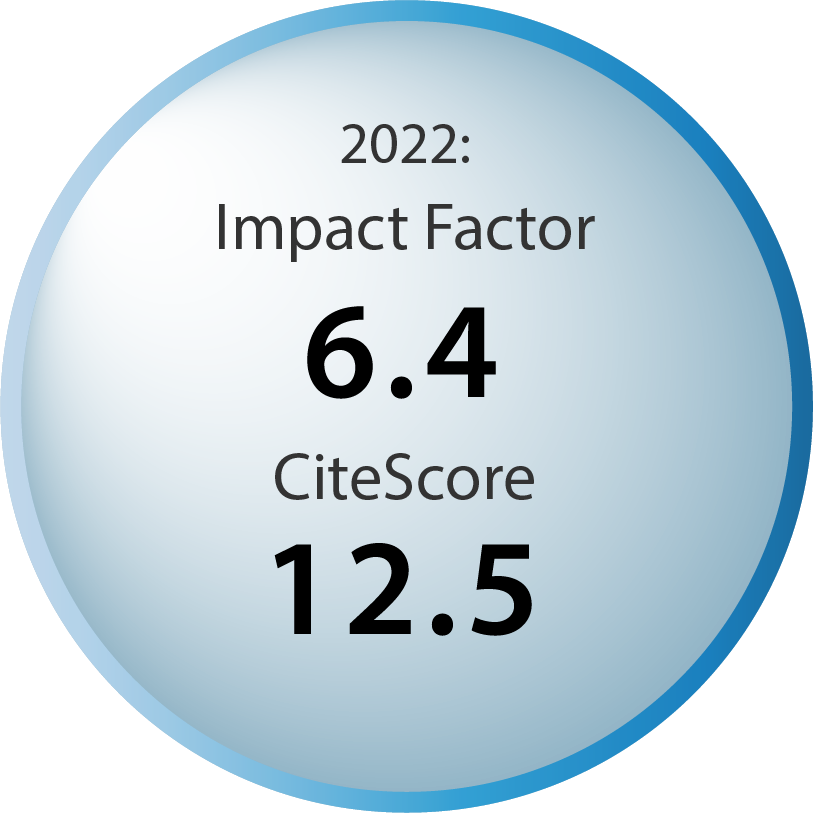Table of contents
Volume 7, Issue 11, pp. 95 - 104, November 2023
STING-driven activation of T cells: relevance for the adoptive cell therapy of cancer
Fabian Richter, Christophe Paget and Lionel Apetoh
Reviews |
page 95-104 | 10.15698/cst2023.11.291 | Full text | PDF |
Abstract
Adoptive cell therapy (ACT) can successfully treat hematopoietic cancers but lacks efficacy against solid tumors. This is due to insufficient T cell infiltration, high tumor heterogeneity, frequent antigen loss with subsequent tumor escape, and the immunosuppressive tumor microenvironment (TME). Alternative methods to boost the anticancer efficacy of adoptively transferred cells are actively pursued. Among adjuvants that are utilized to stimulate anticancer immune responses, ligands of the stimulator of interferon genes (STING) pathway have received increasing attention. STING activation can trigger dendritic cell (DC) activation and endogenous immune responses, thereby preventing tumor escape. Activation of the STING pathway in the context of ACT was accordingly associated with improved T cell trafficking and persistence in the TME combined with the reduced presence of immunosuppressive cells. Recent findings also suggest cell-intrinsic effects of STING ligands on T cells. Activation of the STING signaling pathway was in this regard shown to enhance effector functions of CD4+ and CD8+ T cells, suggesting that the STING signaling could be exploited to harness T cell anticancer functions. In this review, we will discuss how the STING signaling can be used to enhance the anticancer efficacy of ACT.



